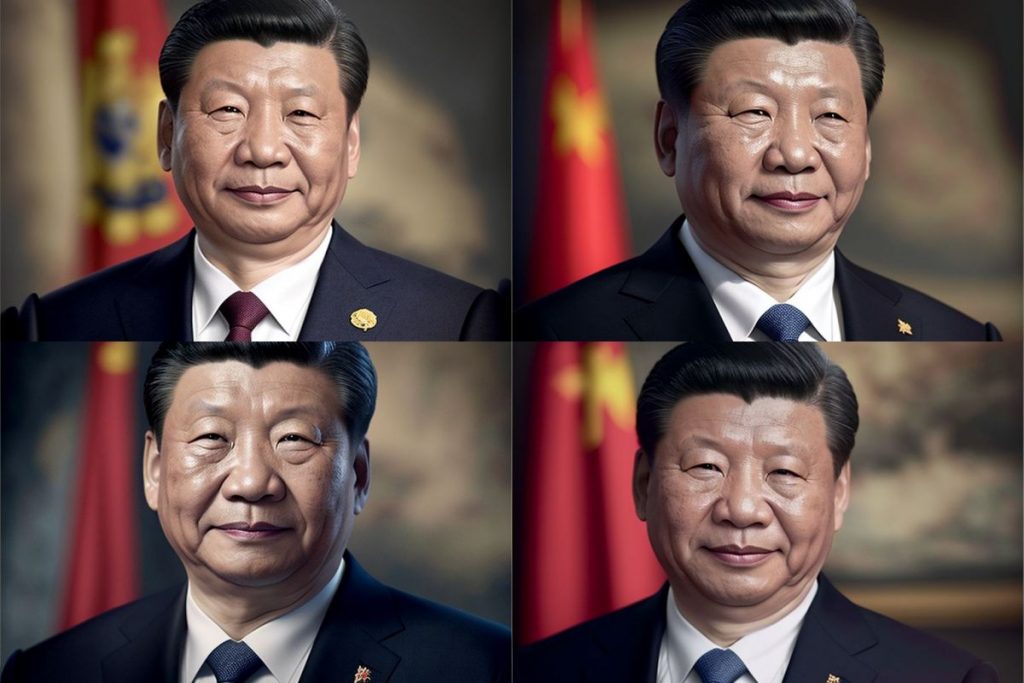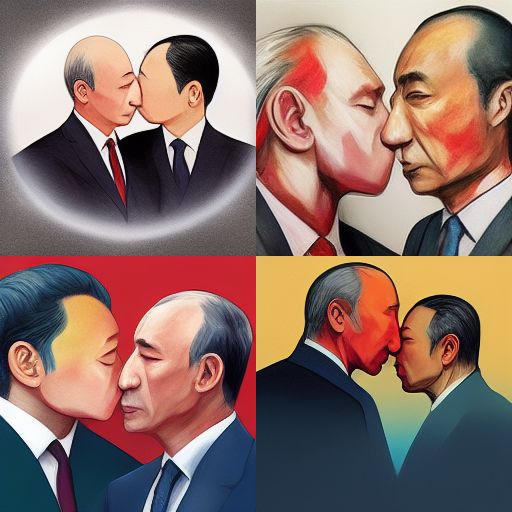China's recent regulations on content creation, emphasizing the importance of watermarking AI-generated media files
Know More
China prohibits the use of unwatermarked deepfakes
As AI technology continues to grow in use worldwide, ethical issues surrounding its application are becoming more pronounced. A major concern is the potential misuse of AI-generated visuals—commonly referred to as 'deepfakes.' These can be employed for harmful purposes, including the fabrication of misleading news reports or impersonation without an individual’s consent. In light of these threats, the Chinese authorities have introduced new guidelines that disallow the generation of Know More images that lack watermarks or any identifiable labels.

The Chinese Cyberspace Administration has noted that 'malicious individuals exploit AI to generate, replicate, disseminate, and distribute illegal content that harms society, damages reputations, and impersonates others.' The regulation further asserts that such actions significantly amplify the harmful societal effects of deepfake technology, thereby holding both creators and users of deepfake technology accountable for their implications. Read More This isn't the first instance where China's government has implemented policies to regulate AI-driven content. Back in February 2019, the Cyberspace Administration established regulations for 'personal information assistants,' which included prohibitions against utilizing deepfake technology for harmful intentions. These measures were largely a response to the rising prevalence of deepfakes and their potential misuse.
The recent guidelines regarding AI-generated visuals will undoubtedly reshape how such technologies are utilized within China. By outlawing the creation of AI-generated content that lacks proper watermarks or clear labels, the government is effectively enforcing censorship across social media platforms.
Censorship AI Algorithms: Strategies employed by Chinese users to circumvent them Read more The updated directives require that deepfakes come equipped with specific labels stating that:
China is also taking steps to enforce accountability regarding the removal of watermarks.
Moreover, providers of deepfake technology are obligated to keep detailed legal documentation, while users must register under their real names to facilitate monitoring of their content generation activities.
Shutterstock and Getty Images have instituted bans on AI-generated content due to concerns over potential legal ramifications.

DeepMind has launched Dramatron, an innovative AI tool that produces complete drafts for movies or television scripts.
News Report
Alisa Davidson
April 24, 2025 News Report Cryptocurrencylistings.com Launches CandyDrop to Simplify Crypto Acquisition and Boost User Engagement with Premium Projects












